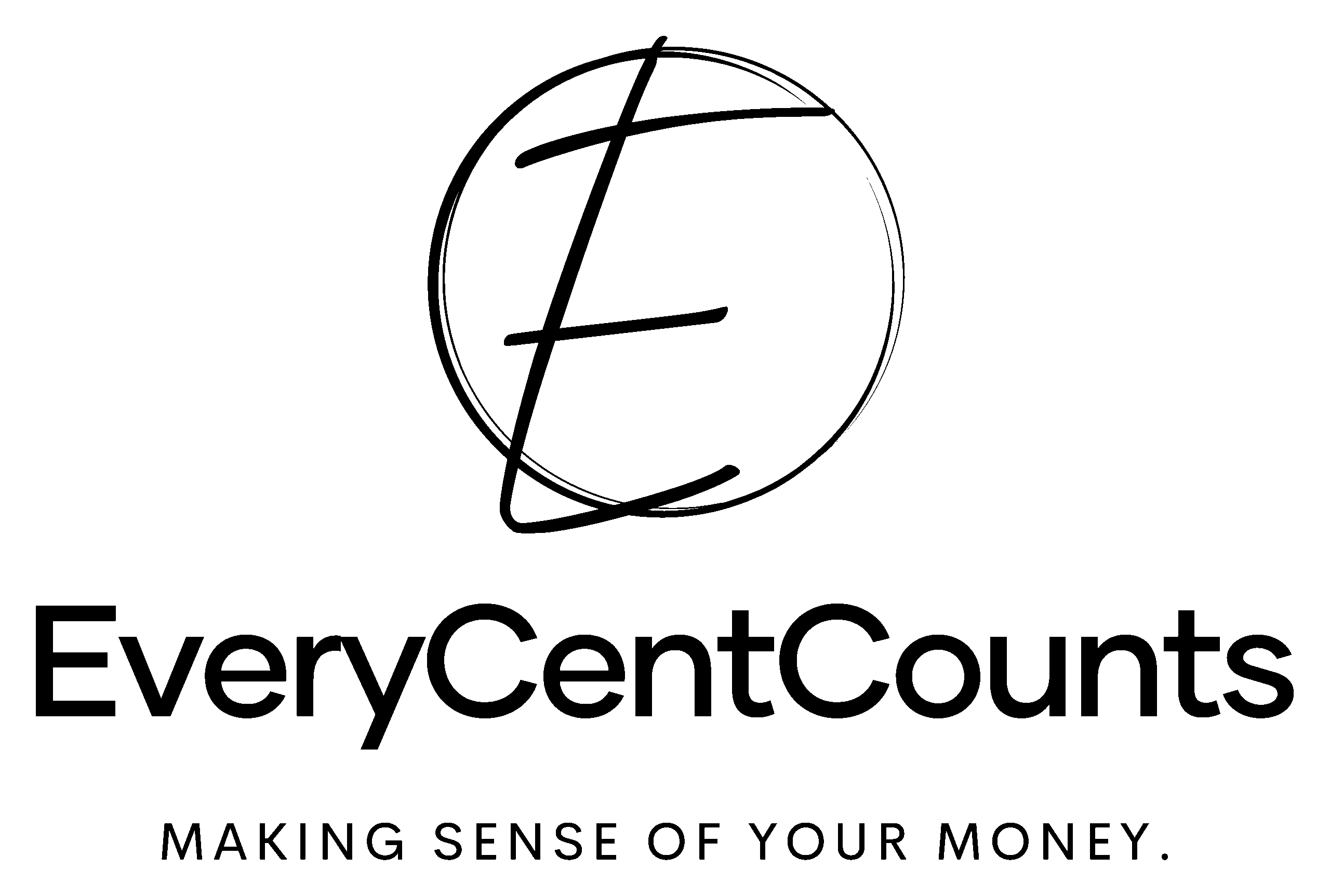Strategic Decision-Making for Business Owners
The decision to rent or own the real estate for your business is more than just a financial choice—it’s a strategic one that shapes your flexibility, growth potential, and long-term stability. Business owners, especially MBA graduates with a keen understanding of operational dynamics, must weigh the pros and cons of each option and assess how factors like location, market trends, and financial health align with their broader goals. This topic explores the intricacies of renting versus owning to help business leaders make informed decisions that drive success.
Advantages and Disadvantages of Renting
Advantages of Renting:
- Capital Preservation: Renting minimizes upfront costs, allowing your capital to be directed toward other strategic initiatives such as marketing, talent acquisition, or innovation.
- Agility and Adaptability: Renting offers flexibility to change locations without the burden of selling property.
- Reduced Operational Burdens: Landlords typically handle major maintenance, enabling you to focus on business operations.
- Access to Prime Locations: Renting allows businesses to operate in high-demand areas where purchasing property may be financially prohibitive.
Disadvantages of Renting:
- No Asset Appreciation: Rent payments don’t build equity or yield a tangible financial return.
- Potential Cost Increases: Lease terms often include rent hikes over time, disrupting financial planning.
- Limited Control: Restrictions on property alterations may constrain your ability to customize the space.
Advantages and Disadvantages of Owning
Advantages of Owning:
- Wealth Creation: Owning property builds equity over time and provides an appreciating asset.
- Stability and Predictability: Mortgage payments offer more predictability than rent increases.
- Creative Freedom: Ownership gives you authority over modifications, branding, and usage.
- Tax Benefits: Ownership often provides tax advantages such as mortgage interest deductions.
Disadvantages of Owning:
- High Capital Requirement: Purchasing involves substantial upfront costs, including down payments and renovation expenses.
- Liquidity Risks: Real estate investments tie up capital, limiting flexibility during unforeseen challenges.
- Maintenance Responsibility: Owners bear the full costs of repairs and property upkeep.
- Market Volatility: Real estate values can fluctuate, impacting your financial standing.
Strategic Decision Framework: When Should You Own?
Ownership may be the right choice under the following conditions:
- Your business has achieved stability and profitability, with predictable cash flows and a long-term location strategy.
- You have sufficient liquidity to cover initial costs without jeopardizing other growth opportunities.
- The location presents high potential for property appreciation, making ownership a viable financial investment.
- You value autonomy to design and use the space without external restrictions.
- The property can generate supplementary income, such as renting unused areas.
Factors to Weigh in the Decision-Making Process
- Financial Modeling: Analyze costs of renting versus owning, including hidden expenses like property taxes and insurance.
- Growth Trajectory: Ensure your real estate decision aligns with your growth plans.
- Location Analytics: Evaluate market trends and industry clusters for competitive positioning.
- Risk Management: Factor in economic cycles and real estate market fluctuations.
- Opportunity Costs: Compare the ROI of owning property with other uses of capital.
Conclusion
Renting vs. owning commercial real estate is a strategic choice with profound implications for growth and risk management. By applying rigorous financial analysis and aligning the decision with your business strategy, you can determine the best path forward for your venture.

